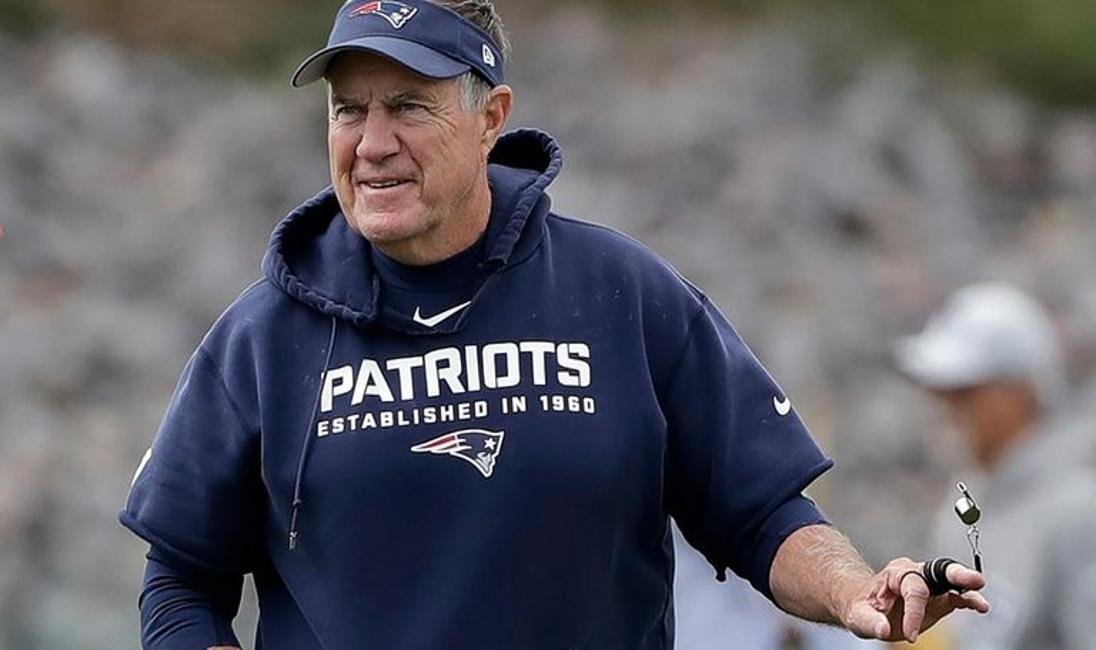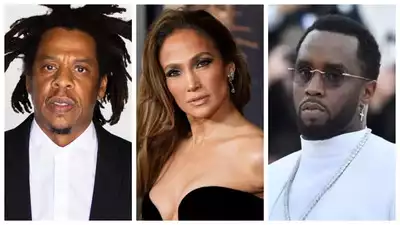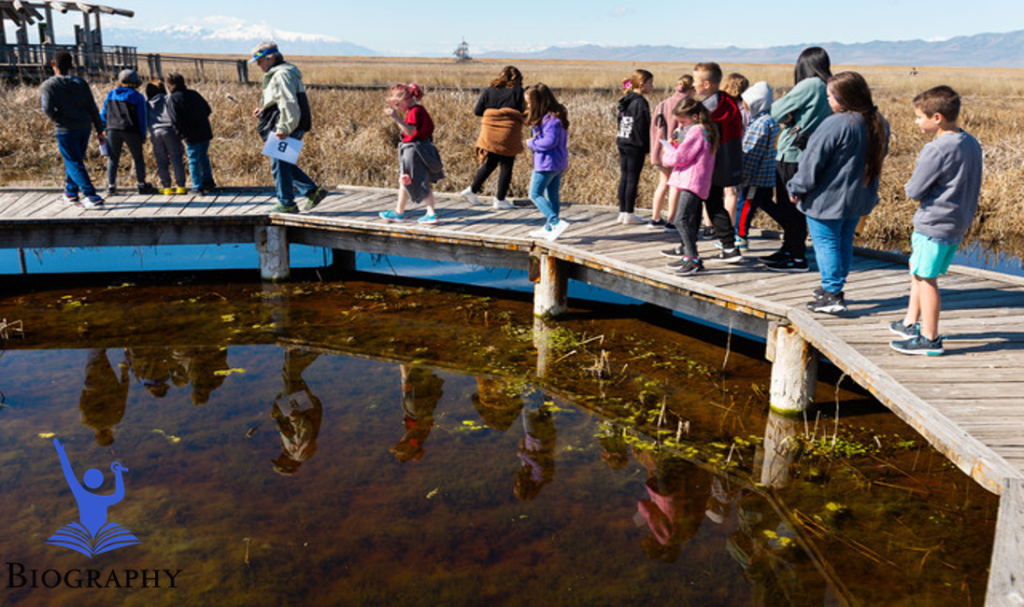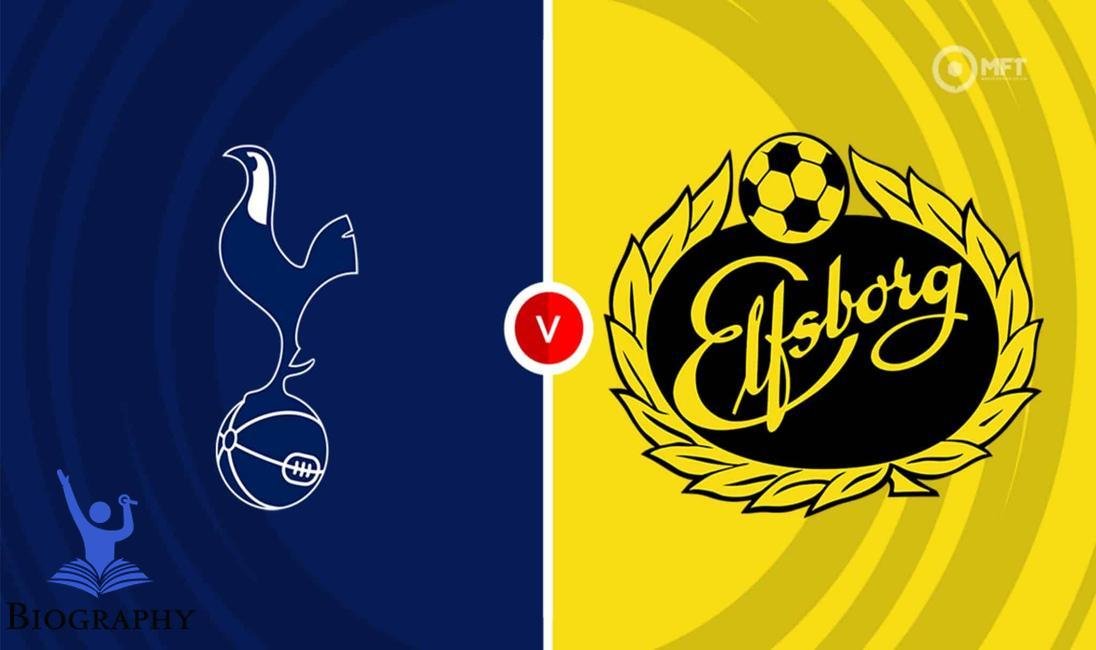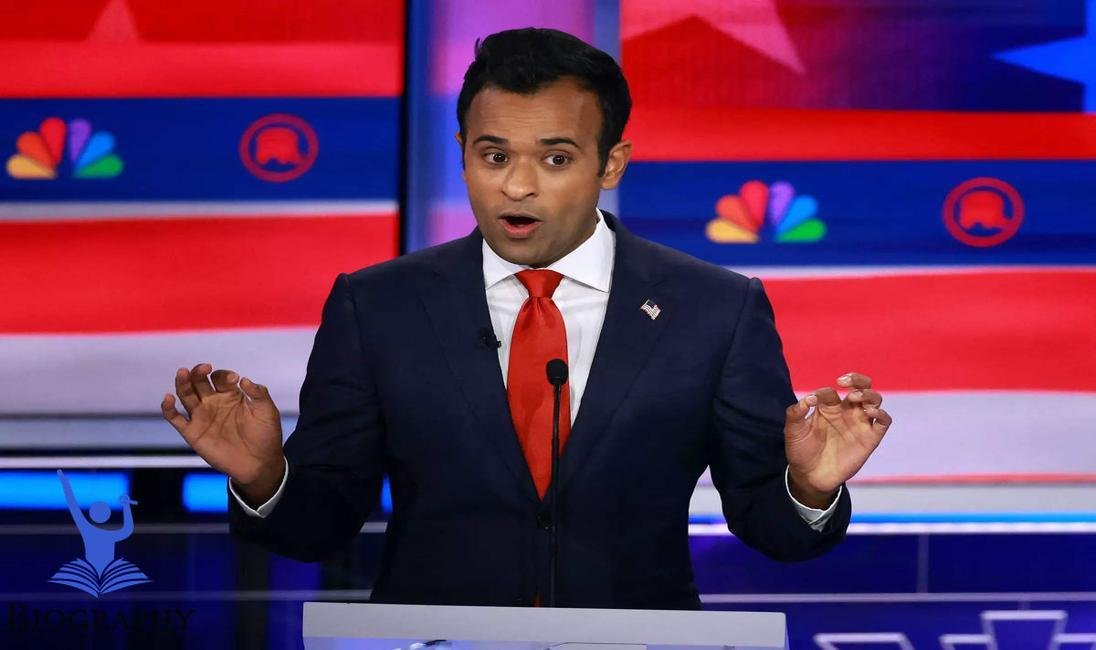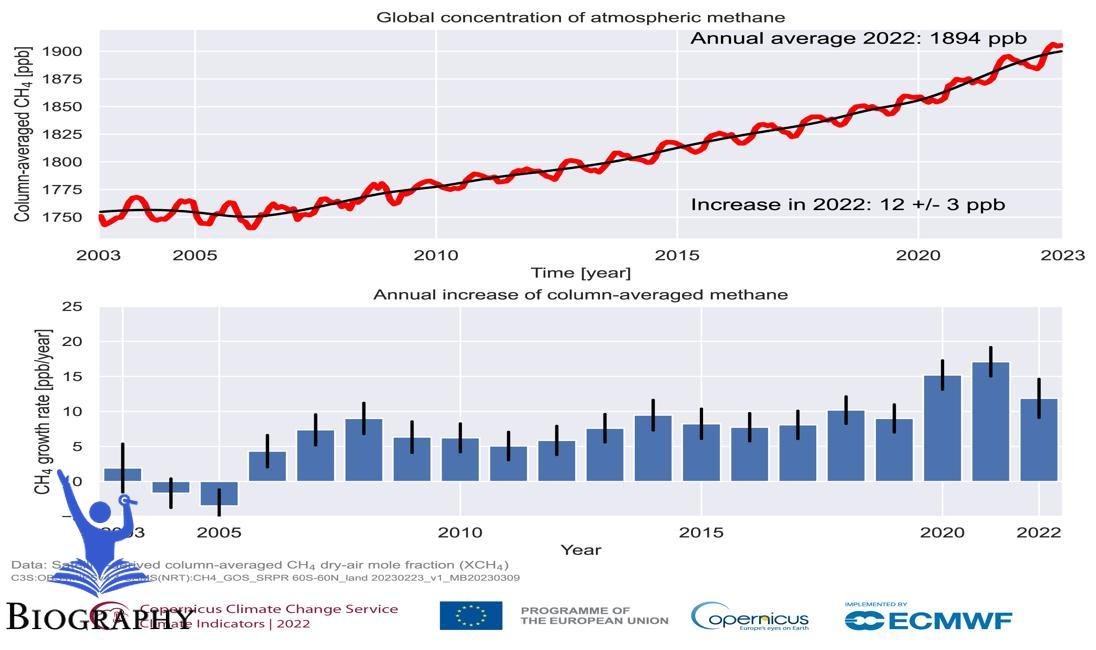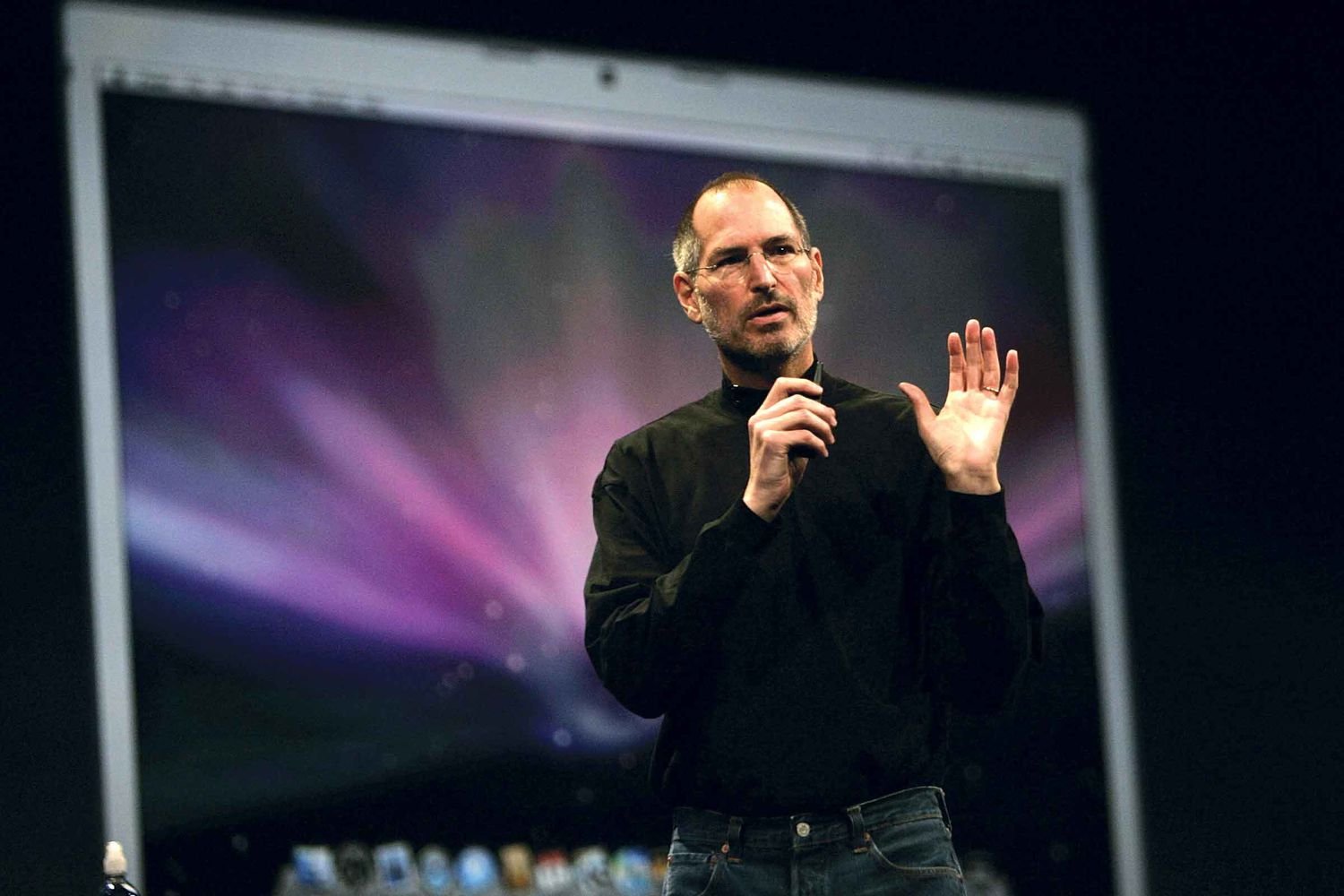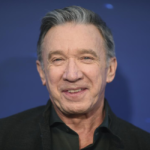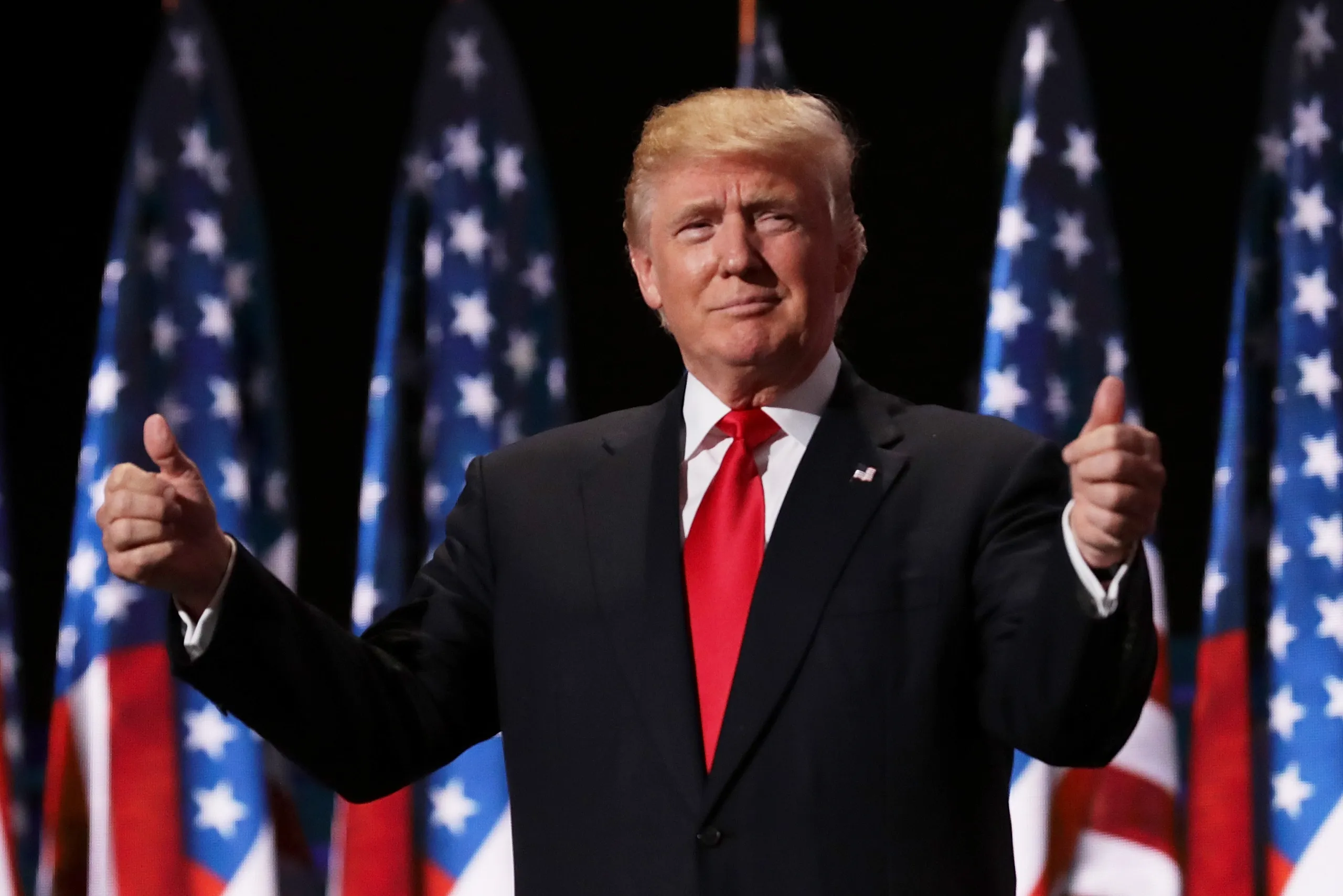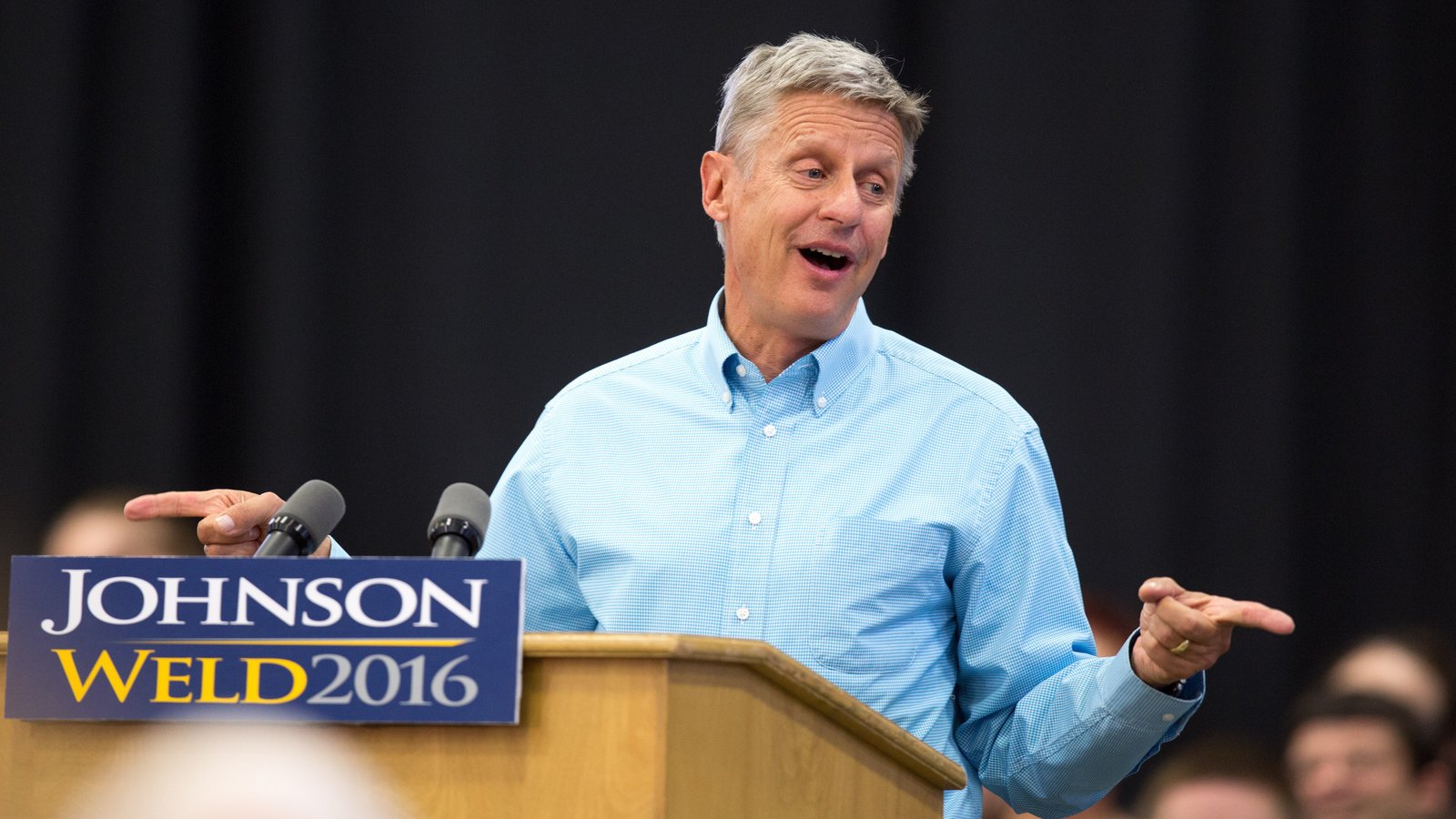Now Reading: World Health Organization’s Latest Initiatives: Shaping a Healthier Global Future
-
01
World Health Organization’s Latest Initiatives: Shaping a Healthier Global Future
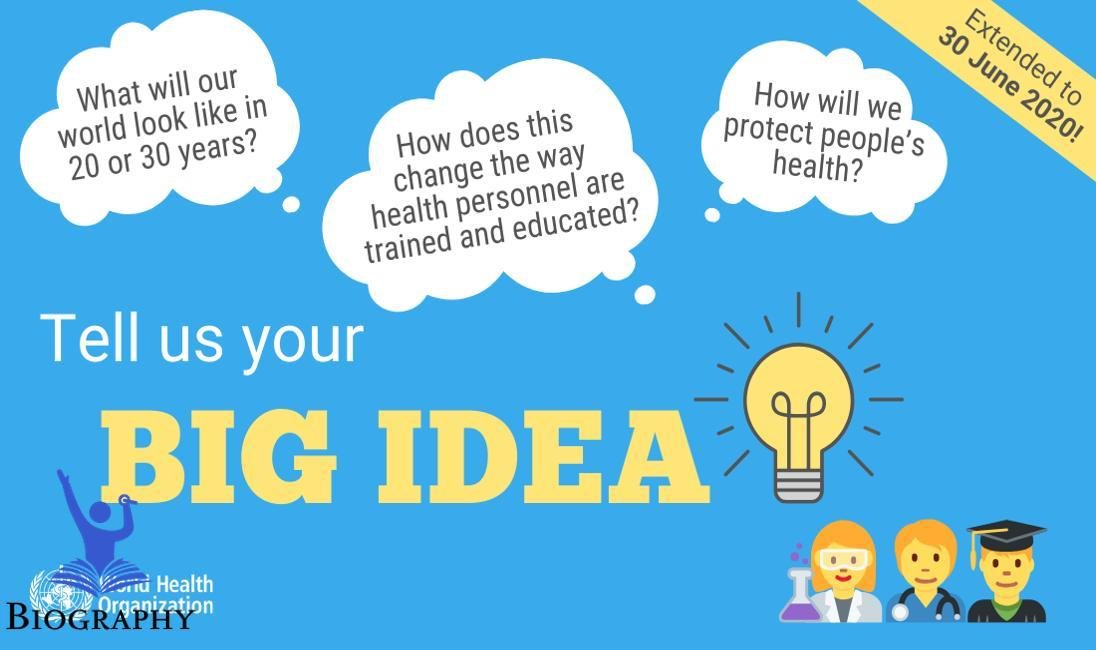
World Health Organization’s Latest Initiatives: Shaping a Healthier Global Future
World Health Organization: Navigating Global Health Challenges Ahead
A Deep Dive into WHO’s Current Role and Political Controversies
Date and time January 21, 2016.
Introduction
The World Health Organization (WHO) plays an important role in global health policy, in particular tracking directly global emergencies such as epidemics and emerging health disasters -within the Union It excavates current status of the United States, the consequences of America’s withdrawal, the movement of progressive institutions , and all the reactions to that critical departure
Details
The WHOs Job and Works
Established in 1948, WWF seeks to promote welfare inclusion, monitor communicable and non-communicable diseases, and accelerate welfare innovation Its impact on welfare standards establishing varieties, formulating responses to welfare problems and preparing welfare workers worldwide are vast
Political Setting: Trump and the WHO
Former President Donald Trump announced his withdrawal from the WHO in July 2020, citing associations with the manipulation of the coronavirus pandemic and suspected China The move caused turmoil around the world all inspired discussions about the importance of global engagement in welfare policy. Pundits said the withdrawal weakened global recovery efforts and damaged the response to future pandemics.
Following Biden’s political decision in 2021, the United States focused on the central role of bureaucracy in managing global well-being challenges Because of American hegemony, this next focuses on the political conflicts of WHO Global Health Ho Planning is included.
Meaning of U.S. Withdrawal
U.S. is one of the largest contributors to WHO. His withdrawal jeopardized financial support and affected something characteristic of nationalist welfare thinking in terms of collective global welfare efforts The effects of such withdrawal continue to be the ongoing effects of the coronavirus pandemic interact.
Experts emphasize that international cooperation is key to solving welfare problems. Dr. John Johnson, Chief Welfare Officer, concluded that withdrawing from global welfare associations could have disappointing consequences for the nation as well as for the complexity of global welfare.
Public Reaction
The public reaction to WHOs treatment of the pandemic and the U.S. withdrawal has been polarizing. Virtual entertainment stages hummed with hashtags like #SaveWHO and #TrumpWHOWithdrawal, pondering sincere suppositions the two sides. Allies of WHO contend for its essential job in giving fair medical services arrangements, while pundits voice worries about its responsibility and adequacy.
As they travel, there appears to be a great deal of dissatisfaction with regulatory mechanisms for managing all emergency welfare. Many advocates agree that enhancing the WHO’s capacity and legacy is key to a successful global welfare strategy.
Official Responses
Given the backlash against the U.S. withdrawal and the reaction of his ministry, WHO chief General Tedros Adhanom expressed goodwill towards joint efforts in the future If we do well together, we can achieve better prosperity for everyone. “The new opportunity underscores the need for unity in our fight against global prosperity concerns,” he said in a new question-and-answer session.
The Biden Organization has added flags as a responsibility to support campaigns of WHO agencies and reconnect cooperation to global wellness efforts, with plans to restore consensual trust and commitment in global wellness campaigns grade
Conclusion
The World Welfare Association remains important in global welfare strategies as it analyzes the consequences of the coronavirus pandemic and the political controversy surrounding U.S. policies. withdrew during the Trump administration brought about it. Ongoing discussions about its creation, funding and feasibility remain important as the world reels in the challenges of future prosperity. As countries cooperate to strengthen their wellness programs, joint efforts through organizations such as the WHO will become increasingly important to ensure global access against epidemic and wellness issues emergency.
Subsequent stages
Looking ahead, WHO intends to make a number of reforms to work on addressing welfare concerns and to make its work easier. Eyewitnesses expect a renewed focus on improving collective welfare programs and universal access to equal treatment. Enforcement exchanges between Member States will be important in building the future work and legitimacy of the WHO.
With support and practical insights, the global community can progress towards a better future, with WHO at the very forefront of global well-being. If the U.S. commitment apart, other vital capacities at the WHO are crucial to ensuring a cooperative response to the most pressing welfare challenges of the universes.






